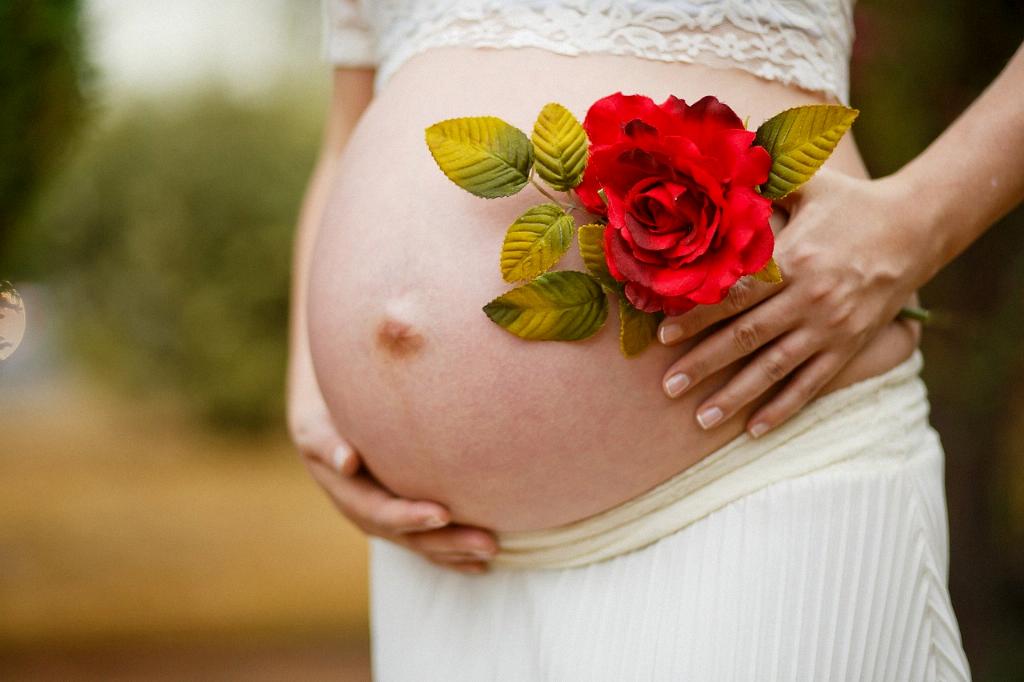Diarrhea is a common query among expectant mothers, especially when nearing full term at 37 weeks. Many women wonder if experiencing diarrhea at this stage of pregnancy could be a sign that labor is imminent. While there is limited research specifically linking diarrhea to imminent labor, some healthcare professionals believe it could be a signal that the body is preparing for childbirth.
It’s important to note that while diarrhea can occur around 37 weeks of pregnancy, it is not typically the primary indicator that labor is near. Pregnant individuals may encounter a variety of digestive changes throughout their pregnancy, and diarrhea is just one of them. However, some women have reported experiencing diarrhea shortly before going into labor, suggesting a possible association between the two.
Although the exact mechanisms behind diarrhea as a prelude to labor are not fully understood, some experts theorize that hormonal shifts and the body’s natural preparation for childbirth could contribute to gastrointestinal disturbances like diarrhea. As the body readies itself for delivery, hormonal fluctuations may trigger changes in bowel habits, potentially leading to loose stools or diarrhea.
While experiencing diarrhea at 37 weeks may raise questions about the proximity of labor, it is crucial to consider other accompanying signs and symptoms. Women should pay attention to other common indicators of approaching labor, such as regular contractions, water breaking, cervical dilation, and the onset of pelvic pressure. Diarrhea alone may not definitively signal that labor is imminent, so it is essential to look for a combination of symptoms.
Given the variability of pregnancy experiences, it’s essential for expectant mothers to consult with their healthcare providers if they have concerns about diarrhea and its relation to labor. Obstetricians and midwives can offer personalized guidance based on individual circumstances and medical history, helping to alleviate any anxieties or uncertainties surrounding gastrointestinal changes in late pregnancy.
While diarrhea can be unsettling during pregnancy, it is generally considered a normal occurrence and usually not a cause for alarm. However, persistent or severe diarrhea should always be addressed with a healthcare professional to rule out any underlying issues. It’s crucial for pregnant individuals to stay hydrated and maintain a balanced diet to support overall well-being and alleviate gastrointestinal discomfort.
As the body undergoes various changes in the final weeks of pregnancy, it is common to experience a range of physical and emotional symptoms. Diarrhea, although potentially indicative of labor preparation, should be viewed in conjunction with other signs of imminent childbirth. Remember that every pregnancy is unique, and the onset of labor can differ widely among individuals.
Ultimately, the presence of diarrhea at 37 weeks may or may not mean that labor is near. While some women may go into labor shortly after experiencing diarrhea, others may not encounter this symptom at all before giving birth. It’s essential to monitor for additional signs of labor and seek professional guidance to ensure a safe and healthy delivery for both the mother and baby.
In conclusion, while diarrhea at 37 weeks may raise questions about labor proximity, it is not a definitive predictor of imminent childbirth. Pregnant individuals are encouraged to communicate any concerns with their healthcare providers and to remain informed about the various signs of labor. By staying attentive to their bodies and seeking appropriate medical care, expectant mothers can navigate the final weeks of pregnancy with confidence and peace of mind.

